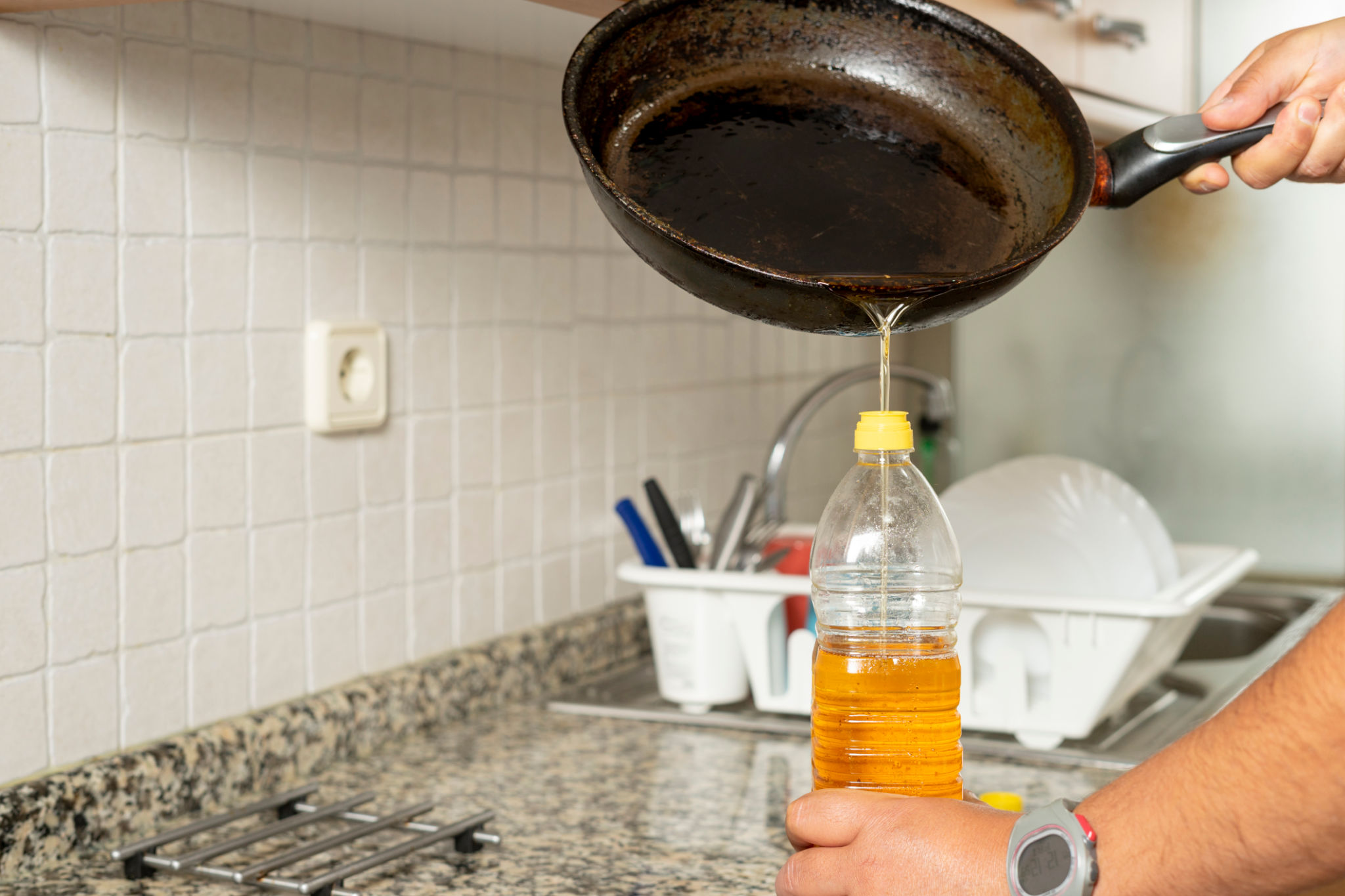Top Tips for Restaurants: Handling and Recycling Used Cooking Oil
Understanding the Importance of Used Cooking Oil Management
For many restaurants, cooking oil is a staple ingredient used in various dishes. However, once it has served its purpose, managing and recycling used cooking oil becomes crucial. Proper handling not only ensures compliance with local regulations but also aligns with environmental sustainability goals. Restaurants can significantly reduce their environmental impact by implementing efficient oil management practices.
Used cooking oil can be detrimental if not disposed of correctly. It can clog pipes, attract pests, and even cause environmental damage if it ends up in natural waterways. Therefore, understanding the importance of proper disposal and recycling is essential for any restaurant owner.

Implementing Safe Handling Practices
Storing Used Cooking Oil
Once cooking oil has been used, it's essential to store it safely until it can be collected for recycling. Use durable, leak-proof containers specifically designed for this purpose. Ensure these containers are stored in a cool, dry place away from any heat sources to prevent any risk of fire.
Regular Maintenance
Maintaining the cleanliness of the storage area is equally important. Regularly check for leaks or spills and clean them up promptly to prevent safety hazards. Implementing a routine maintenance schedule can help in identifying potential issues before they escalate.
Recycling Used Cooking Oil
Partnering with a Recycling Service
One of the most efficient ways to recycle used cooking oil is by partnering with a reputable recycling service. These services collect the used oil and process it into biodiesel or other useful products. It's crucial to research and select a service that aligns with your restaurant's values and sustainability goals.

Benefits of Recycling
Recycling used cooking oil offers numerous benefits. It reduces landfill waste, lowers greenhouse gas emissions, and contributes to the production of renewable energy sources such as biodiesel. Moreover, some recycling companies offer compensation for the collected oil, creating an additional revenue stream for your restaurant.
Educating Staff on Best Practices
Training your staff on proper handling and recycling methods is key to a successful oil management system. Conduct regular training sessions to ensure all team members understand the procedures and the importance of their role in sustainability efforts.

Encourage open communication among staff to report any issues related to oil handling promptly. By fostering a culture of responsibility and awareness, restaurants can ensure that their environmental impact is minimized while maintaining operational efficiency.
Conclusion
Handling and recycling used cooking oil should be an integral part of any restaurant's operations. By implementing safe storage practices, partnering with a reliable recycling service, and educating staff, restaurants can make significant strides toward sustainability. Embracing these practices not only benefits the environment but also enhances the restaurant's reputation as a responsible and eco-friendly business.